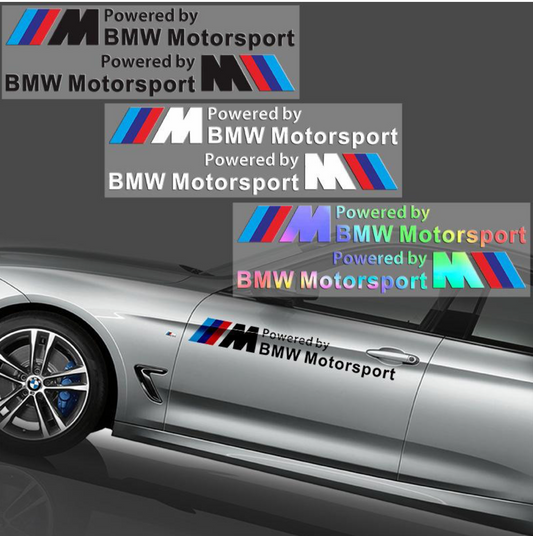
The evolution of BMW engines: innovation and technology at the service of the driver
BMW engines have always been synonymous with innovation and Pointing technology. Since its inception, the German brand has sought to advance automotive engineering, offering drivers a unique management experience. In this article, we will explore the evolution of BMW engines, highlighting how the company has managed to stay at the forefront in the automotive sector.
The history of BMW engines
BMW began its journey in the world of engines in 1917, initially focusing on plane engines. However, it was not until 1923 when BMW launched its first motorcycle engine, marking the start of its legacy in land vehicles engines. Over the years, the company has been a pioneer in various technological developments that have redefined what a BMW means.
The first car engines
In 1933, BMW introduced its first car engine, the M78, a 6 -cylinder online engine that established a solid base for future developments. This engine was the precursor of 6 -cylinder online engines that would become a distinctive label of the brand.
Key innovations in BMW engines
Throughout the decades, BMW has introduced a series of innovations that have revolutionized the industry:
- Turboalimentation: In the 1970s, BMW was one of the first manufacturers to adopt turboalimentation, significantly improving the efficiency and performance of its engines.
- Valvetronic technology: Introduced in the early 2000s, this technology allows more precise control of the air flow to the engine, optimizing fuel consumption and reducing emissions.
- EFFECIENDYNAMICS PLATFORM: This integral approach seeks to balance performance with efficiency, through the use of technologies such as regenerative braking and active aerodynamics.
The future of BMW engines
With the growing demand for electric and hybrid vehicles, BMW has been at the forefront of sustainable engines. The line Bmw i, launched in 2013, is a clear example of the company's commitment to electric mobility.
The transition to electricity
The model BMW I3 and the BMW I8 They have demonstrated the potential of BMW electric and hybrid motors. The company continues to invest in high efficiency battery research and development and advanced electric motors.
Conclusion
The evolution of BMW engines is a testimony of the brand's dedication to the innovation and the quality. From its early days to the present, BMW has established a standard in the automotive industry, combining performance, efficiency and sustainability. If you are a car enthusiast, explore the history and future of BMW engines offers a fascinating look at automotive engineering. For more information about BMW engines and explore our selection of spare parts and accessories, visit our Online store.












